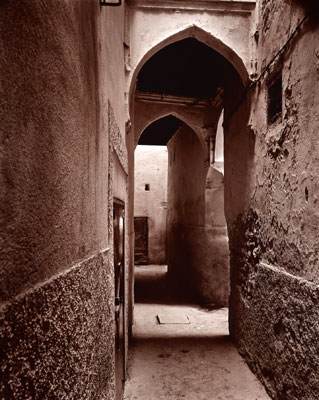Heritage Tours, History and Stories of Jewish Morocco
March 28th, 2016
Morocco is a melting pot of Islamic and Jewish culture. Heritage Tours that are composed of Morocco’s grand history tell an important story about Jewish Morocco. Jewish Heritage Tours are comprised of a mixture of historic site seeing,…


